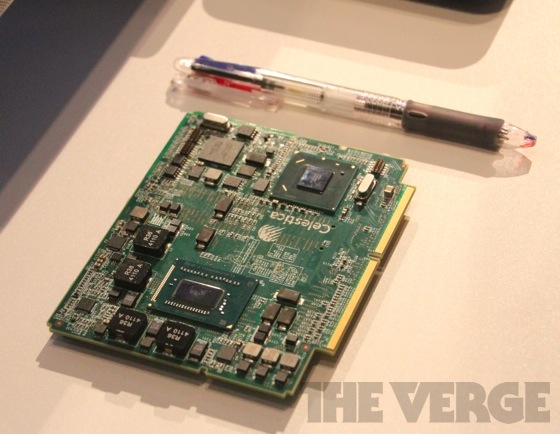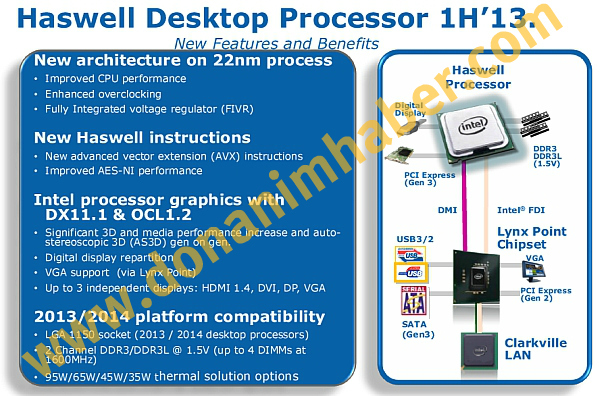KingFatty
Diamond Member
- Dec 29, 2010
- 3,034
- 1
- 81
I think this can be like how people are very happy to buy tablets that cannot be upgraded.
People are very happy to buy apple computers where everything is soldered.
What if doing away with the sockets actually causes prices to *drop* so we can afford better setups for less? Also, I'm guessing that the very same mobo manufacturers would still let you choose which CPU you want with your motherboard, they'd just be soldered together and the mobo seller would have on-hand any combo you wanted. So you wouldn't lose choice when buying; you'd just lose the ability to disassemble after your initial purchase. But that's pretty common with tablets and other soldered electronics, we are getting used to that model.
In fact, we are happy to use cell phones that we don't upgrade, we just sell them or toss them in a drawer, because they are pretty cheap. If a motherboard/CPU/RAM is all soldered together but costs as much as a new cell phone, maybe we'd be OK with that.
Maybe more people would get into computing because it would cost less and all the tricky stuff would be taken care of, no more needing to figure out which CPUs are compatible with which motherboards/chipsets, or ram or all that crap. I mean, when I decide to upgrade to a faster CPU, it's a major research project and I have to consider which mobo and it's a big hassle.
Maybe this eliminates a huge pain point in our hobby, reduces costs overall costs to make it more affordable for all, and brings more enthusiasts into the hobby?
People are very happy to buy apple computers where everything is soldered.
What if doing away with the sockets actually causes prices to *drop* so we can afford better setups for less? Also, I'm guessing that the very same mobo manufacturers would still let you choose which CPU you want with your motherboard, they'd just be soldered together and the mobo seller would have on-hand any combo you wanted. So you wouldn't lose choice when buying; you'd just lose the ability to disassemble after your initial purchase. But that's pretty common with tablets and other soldered electronics, we are getting used to that model.
In fact, we are happy to use cell phones that we don't upgrade, we just sell them or toss them in a drawer, because they are pretty cheap. If a motherboard/CPU/RAM is all soldered together but costs as much as a new cell phone, maybe we'd be OK with that.
Maybe more people would get into computing because it would cost less and all the tricky stuff would be taken care of, no more needing to figure out which CPUs are compatible with which motherboards/chipsets, or ram or all that crap. I mean, when I decide to upgrade to a faster CPU, it's a major research project and I have to consider which mobo and it's a big hassle.
Maybe this eliminates a huge pain point in our hobby, reduces costs overall costs to make it more affordable for all, and brings more enthusiasts into the hobby?
Last edited:





